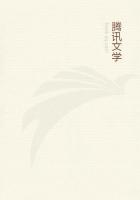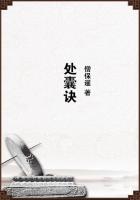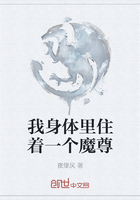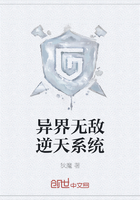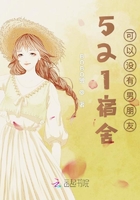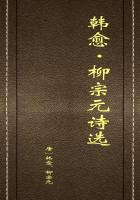"On the marriage night, Louis XV. said gaily to the Dauphin, who was supping with his usual heartiness, 'Don't overcharge your stomach to-night' "'Why, I always sleep best after a hearty supper,' replied the Dauphin, with the greatest coolness.
"The supper being ended, he accompanied his Dauphine to her chamber, and at the door, with the greatest politeness, wished her a good night. Next morning, upon his saying, when he met her at breakfast, that he hoped she had slept well, Marie Antoinette replied, 'Excellently well, for I had no one to disturb me!'
"The Princesse de Guemenee, who was then at the head of the household, on hearing the Dauphine moving very early in her apartment, ventured to enter it, and, not seeing the Dauphin, exclaimed, 'Bless me! he is risen as usual!'--'Whom do you mean?' asked Marie Antoinette. The Princess misconstruing the interrogation, was going to retire, when the Dauphine said, 'I have heard a great deal of French politeness, but I think I am married to the most polite of the nation!'--'What, then, he is risen?'--'No, no, no!' exclaimed the Dauphine, 'there has been no rising; he has never lain down here. He left me at the door of my apartment with his hat in his hand, and hastened from me as if embarrassed with my person!'
"After Marie Antoinette became a mother she would often laugh and tell Louis XVI. of his bridal politeness, and ask him if in the interim between that and the consummation he had studied his maiden aunts or his tutor on the subject. On this he would laugh most excessively.
"Scarcely was Marie Antoinette seated in her new country before the virulence of Court intrigue against her became active. She was beset on all sides by enemies open and concealed, who never slackened their persecutions. All the family of Louis XV., consisting of those maiden aunts of the Dauphin just adverted to (among whom Madame Adelaide was specially implacable), were incensed at the marriage, not only from their hatred to Austria, but because it had accomplished the ambition of an obnoxious favourite to give a wife to the Dauphin of their kingdom. On the credulous and timid mind of the Prince, then in the leading strings of this pious sisterhood, they impressed the misfortunes to his country and to the interest of the Bourbon family, which must spring from the Austrian influence through the medium of his bride. No means were left unessayed to steel him against her sway. I remember once to have heard Her Majesty remark to Louis XVI., in answer to some particular observations he made, 'These, Sire, are the sentiments of our aunts, I am sure.' And, indeed, great must have been their ascendency over him in youth, for up to a late date he entertained a very high respect for their capacity and judgment. Great indeed must it have been to have prevailed against all the seducing allurements of a beautiful and fascinating young bride, whose amiableness, vivacity, and wit became the universal admiration, and whose graceful manner of address few ever equalled and none ever surpassed; nay, even so to have prevailed as to form one of the great sources of his aversion to consummate the marriage! Since the death of the late Queen, their mother, these four Princesses (who, it was said, if old maids, were not so from choice) had received and performed the exclusive honours of the Court. It could not have diminished their dislike for the young and lovely new-comer to see themselves under the necessity of abandoning their dignities and giving up their station. So eager were they to contrive themes of complaint against her, that when she visited them in the ****** attire in which she so much delighted, 'sans ceremonie', unaccompanied by a troop of horse and a squadron of footguards, they complained to their father, who hinted to Marie Antoinette that such a relaxation of the royal dignity would be attended with considerable injury to French manufactures, to trade, and to the respect due to her rank. 'My State and Court dresses,' replied she, 'shall not be less brilliant than those of any former Dauphine or Queen of France, if such be the pleasure of the King,--but to my grandpapa Iappeal for some indulgence with respect to my undress private costume of the morning.
"It was dangerous for one in whose conduct so many prying eyes were seeking for sources of accusation to gratify herself even by the overthrow of an absurdity, when that overthrow might incur the stigma of innovation. The Court of Versailles was jealous of its Spanish inquisitorial etiquette. It had been strictly wedded to its pageantries since the time of the great Anne of Austria. The sagacious and prudent provisions of this illustrious contriver were deemed the ne plus ultra of royal female policy. A cargo of whalebone was yearly obtained by her to construct such stays for the Maids of Honour as might adequately conceal the Court accidents which generally--poor ladies! --befell them in rotation every nine months.
"But Marie Antoinette could not sacrifice her predilection for a simplicity quite English, to prudential considerations. Indeed, she was too young to conceive it even desirable. So much did she delight in being unshackled by finery that she would hurry from Court to fling off her royal robes and ornaments, exclaiming, when freed from them, 'Thank Heaven, I am out of harness!'

